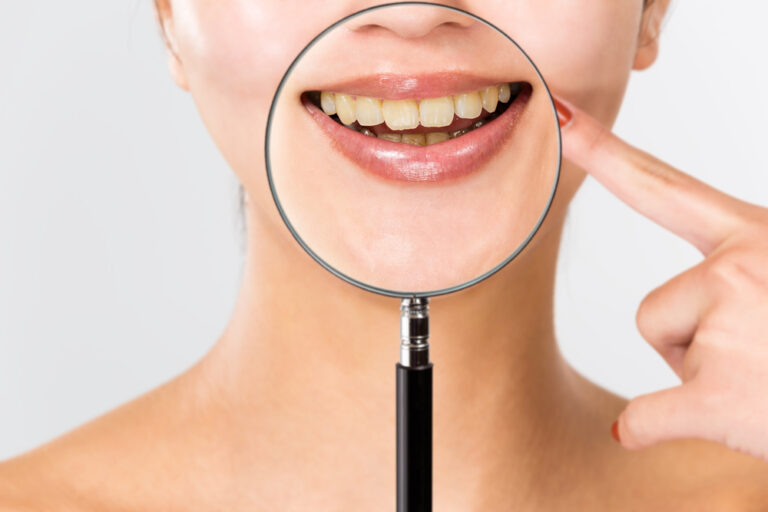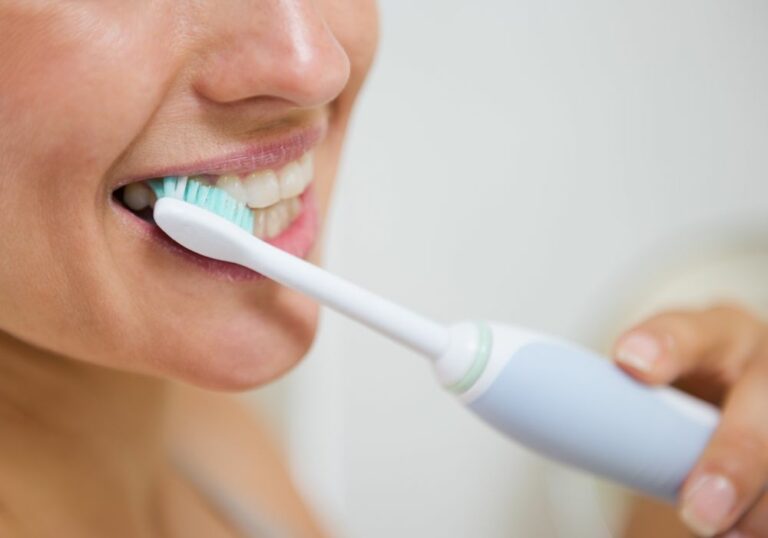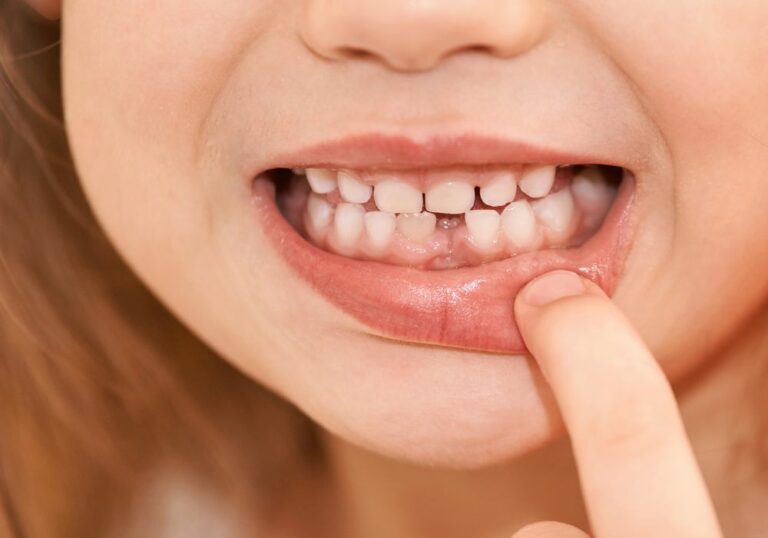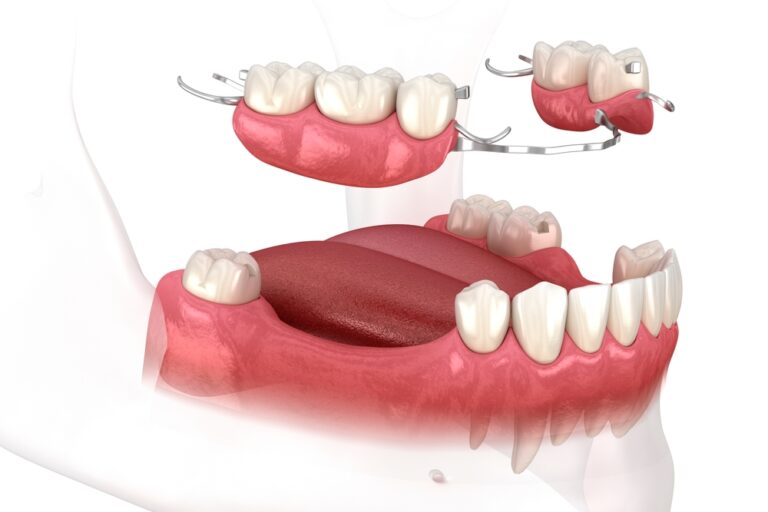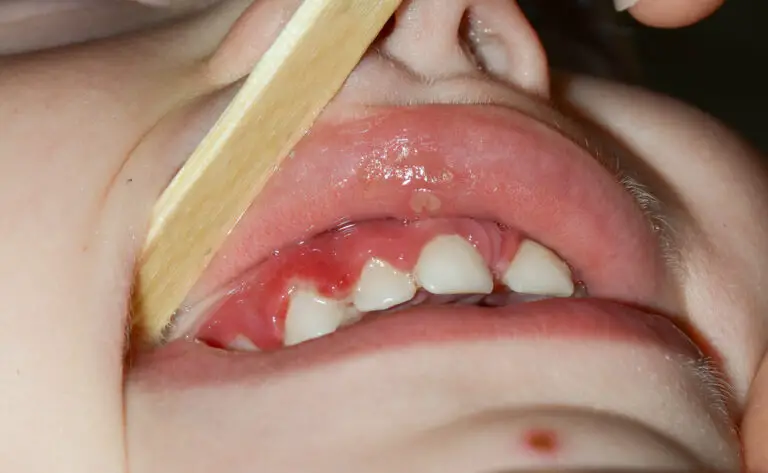Getting your wisdom teeth removed is a common procedure that many young adults face. Although having your wisdom teeth taken out is routine for oral surgeons, it’s still surgery and requires some preparation on your part. One of the most important is not eating or drinking anything for a certain period of time before your extraction. But why is this fasting requird? Read on to learn the reasons why you need to avoid food and liquids before your wisdom tooth removal.
Fasting prevents complications during the procedure
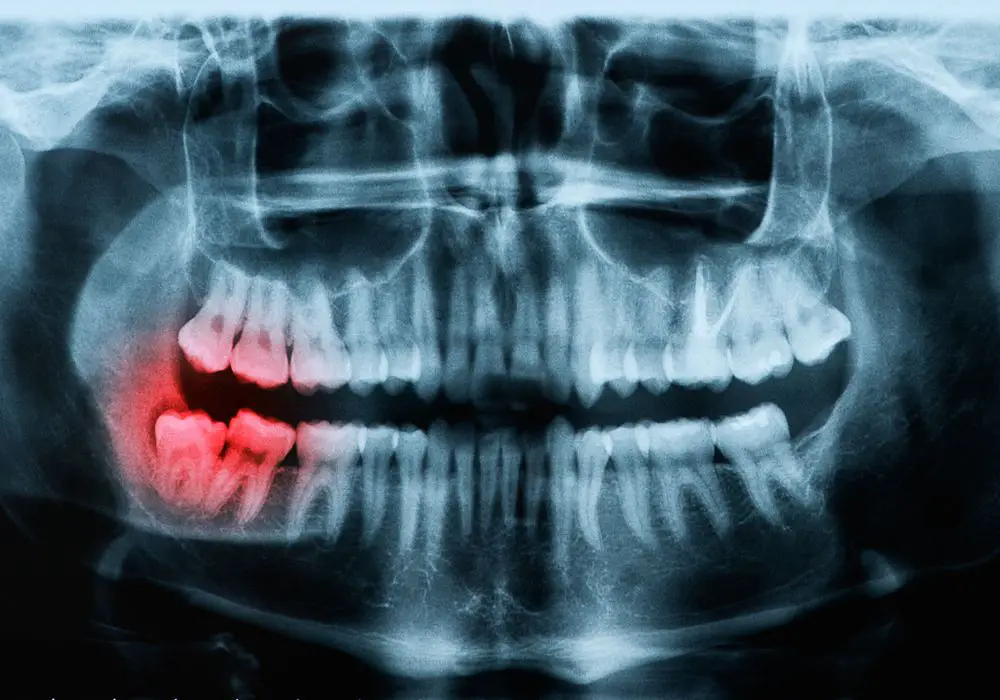
Reduces risk of aspiration
One of the main reasons you cannot eat before surgery is to prevent aspiration. Aspiration means breathing food or fluid from your mouth into your airway and lungs. Since you will be under anesthesia for the procedure, your protective reflexes will be diminished.
If you have a full stomach and vomiting occurs while you are under sedation, the contents can end up going into your lungs. This causes aspiration pneumonia, which is a serious condition. It can lead to severe breathing problems, lung inflammation and infection. Aspiration is very dangerous, so fasting helps reduce this risk.
Here are some more details on the risks and dangers of pulmonary aspiration if you have a full stomach:
- Aspiration pneumonia – Inflammation of the lungs due to stomach contents like food particles, saliva, liquids, or stomach acid entering the airways. This can cause cough, shortness of breath, wheezing, and tightness in the chest.
- Chemical pneumonitis – Irritation and burning of the lung tissue due to stomach acid when aspirated. This causes painful breathing and coughing up blood.
- Hypoxemia – Low oxygen levels in the blood from aspiration interfering with lung function and gas exchange. This can require supplemental oxygen.
- Respiratory arrest – The breathing stops completely from aspiration, requiring emergency intervention like intubation.
- Acute respiratory distress syndrome (ARDS) – Severe, life-threatening lung injury from a chemical burn to the alveoli. This can lead to respiratory failure.
- Death – If large amounts are aspirated, the pneumonia and lung damage can be fatal in some cases due to sepsis or respiratory failure. Death from aspiration under anesthesia is rare but can occur.
As you can see, there are some very worrisome risks if you were to vomit and aspirate while sedated for your wisdom teeth removal. Fasting significantly lowers the chances of this happening.
Avoiding interactions with anesthesia
Eating before surgery can also be problematic due to potential interactions with the anesthesia medications. Anesthesia causes several effects, including slowing down digestion. If food is still in your stomach, it can increase the chances of nausea and vomiting.
Certain foods can also negatively interact with the anesthesia itself. For instance, fatty foods can prolong the effects. Foods high in carbohydrates or protein can cause spikes in blood sugar. All of these interfere with anesthesia administration and recovery.
Here are some examples of the types of negative interactions that can occur:
- Fatty foods -Since fat delays gastric emptying, anesthetic agents that rely on absorption can have prolonged effects if fat is present. This interferes with being able to wake someone up from sedation.
- Carbs/sugars – High carbohydrate and sugar intake before surgery risks spikes in blood glucose. The surgical stress itself also increases glucose. This is dangerous in combination with anesthesia and needs to be treated with insulin.
- Dairy – Milk and other dairy slows motility and causes excessive mucus production. This increases risk for coughing and laryngospasm under anesthesia.
- Increased acidity – Food sitting in the stomach increases acid production. This makes anesthesia-related nausea and vomiting more likely while recovering.
- Herbal supplements – Many herbs like St John’s Wort, gingko, garlic, or ginseng can cause dangerous increases in anesthesia potency or bleeding risk.
- Alcohol -Alcohol is metabolized very slowly under anesthesia and potentiates sedative effects. This makes it harder for the anesthesiologist to maintain proper doses.
- Nicotine -Like alcohol and sedatives, nicotine synergistically enhances anesthetic effects which cannot be easily controlled.
Preventing choking on blood or debris
During wisdom tooth extraction, your mouth will fill with blood from the surgical site. There is also debris from the removed tooth and bone that can accumulate. If you have eaten prior to surgery, the food mixed with the blood and particles can obstruct your airway. Since you are unconscious, choking or gagging could occur. Fasting helps prevent this frightening scenario.
Here are some specifics on the risks of choking during wisdom tooth removal if fasting is not followed:
- During surgery, about 20-30 ml of blood loss occurs, which pools in the mouth along with local anesthetic solution. This bloody fluid mixture could be aspirated.
- Surgical debris like bone fragments or chipped tooth pieces getting lodged in the throat are also possible choking hazards.
- Food particles from recent meals getting mixed with the blood can obstruct breathing passages. An example is a seed or nut going down the trachea.
- Violent gagging or coughing from irritation of the breathing tube can also cause solids, liquids or debris to go down the wrong pipe accidentally.
- Swallowing more than 2-3 times to clear the mouth when full of debris could result in inhaling some material into the lungs.
- Lingering effects of sedatives, pain meds, and numbing agents may prevent you from waking up quickly to clear an obstruction.
- Under anesthesia, the epiglottis may not close off the trachea reliably. Food contents can access the airway more easily.
- Aspiration of even a small amount of food or debris into the lungs could require hospitalization if pneumonia develops.
Fasting makes anesthesia safer
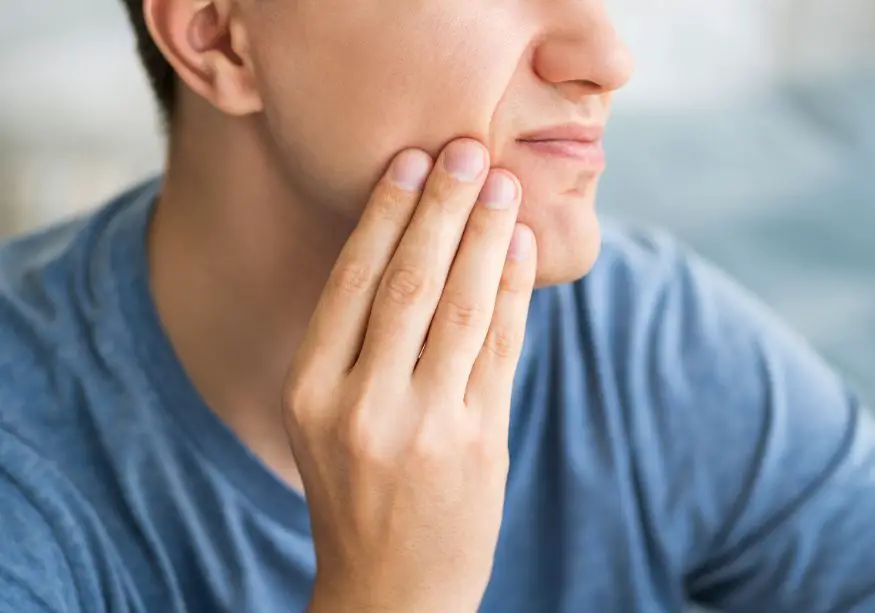
Achieving optimal effects
To work properly and keep you fully sedated, anesthesia medications require you to have an empty stomach. This is because the anesthetic agents are absorbed faster on an empty stomach. Food can coat the digestive tract and impede uptake of the drugs.
Here are some more details on why an empty stomach leads to optimal anesthesia effects:
- Faster absorption – Without food present, anesthetic agents like propofol or benzodiazepines are rapidly absorbed through the stomach lining. Peak plasma levels are reached quicker.
- Reliable dosing – The anesthesiologist can more accurately calculate effective doses if the stomach is empty. Food delays and alters drug absorption unpredictably.
- Quicker onset – Sedative effects begin faster with no food present to delay gastric emptying. This quickly renders you unconscious at the start of the procedure.
- Consistent action – Food may bind to some anesthesia medications in the stomach. An empty stomach allows the drugs to exert their effects consistently.
- Added safety margin – Since absorption and action happen more quickly on an empty stomach, it adds an extra buffer of safety in case higher doses are unexpectedly needed.
Fasting ensures that the anesthesia will be absorbed efficiently so the full effects occur. This allows you to stay properly sedated throughout the entire wisdom tooth extraction procedure.
Quicker recovery from anesthesia
Similarly, once the surgery is complete, not having food in your system enables you to metabolize and recover from the anesthesia faster. This means less time spent feeling groggy, nauseated or dizzy after the procedure.
Here are some ways fasting leads to faster anesthesia recovery:
- Shorter half-lives – Without food binding in the stomach, anesthesia drugs are more rapidly metabolized and eliminated. This quickens the pace of wearing off.
- Less drug recirculation – Faster metabolism decreases reabsorption of anesthetics from the intestines back into circulation, speeding up clearance.
- Avoiding residual effects – Some lipophilic agents like propofol can linger bound to fat cells, prolonging sedation. Fasting minimizes this.
- Improved respiratory recovery – With no aspiration risk or gastric distension pressing on the diaphragm, breathing recovers faster.
- Decreased nausea – An empty stomach cuts down on nausea from anaesthetic agents and swallowed blood, facilitating quicker discharge.
- No metabolic disruption – Fasting prevents surgery and anesthesia from altering glucose control, letting metabolic parameters normalize faster.
With fasting, the anesthesia leaves your body more rapidly so you can get back to eating and drinking sooner. This helps you feel better and resume normal activities more quickly.
Fasting makes the surgery safer

Clear surgical site
When you come in for oral surgery on an empty stomach, it ensures the operating area is clean. Your mouth will be free of food particles or debris that could get in the way and complicate the procedure.
Your oral surgeon needs proper access and visibility to extract the wisdom teeth safely. If recent eating caused food to be stuck in the area, it can obstruct the surgeon’s view or even get stuck in the wounds. Fasting leads to an empty and clean mouth, allowing smooth access to the wisdom teeth.
Here are some ways leftover food debris could hinder the surgery:
- Obscuring visualization – Food stuck in the back of the mouth behind the wisdom teeth makes it harder for the surgeon to see the surgical site.
- Interfering with equipment -Particles could clog up dental suction tubes, irrigation devices, or other rotary instruments.
- Embedding in the wounds – Food pieces could accidentally get lodged into the extraction sockets, complicating healing.
- Trapping loose fragments – Debris from the tooth could get stuck in surrounding food material, making removal tricky.
- Increasing infection risk – Bits of food left in the mouth raise the chances of contaminating the open surgical wounds.
- Distorting surgical landmarks – Identifying anatomical structures is harder when obscured by food potentially altering dissection.
- Prolonging procedure time – The extra time needed to rinse and clear debris lengthens the amount of anesthesia required.
Reduced bleeding
Having food in your digestive tract can increase bleeding during wisdom tooth extraction. The digestion process increases blood flow, which can make the surgery site bleed more. Local anesthetic also contains epinephrine to constrict blood vessels, and this works best when fasting.
Some more details on how fasting curbs bleeding:
- No food-induced vasodilation – Eating before surgery causes increased gastrointestinal blood flow, expanding vessels.
- Epinephrine efficacy – Constrictive epinephrine in local anesthetic needs an empty stomach for best absorption.
- Thinned blood – Food metabolism creates post-prandial anti-coagulation from absorption that increases oozing.
- Blood pressure effects – Anesthesia lowers blood pressure, but an empty stomach prevents additional hypotension from digestion.
- Quicker procedure – Faster visualization and access when fasting equals less time for blood to accumulate intraoperatively.
Limited bleeding is crucial to maximize visibility and ensure proper wound closure. The oral surgeon does not want to be working in a mouth full of blood if it can be avoided. So fasting helps achieve a drier surgical field.
Decreased infection risk
Finally, a very full stomach that may cause vomiting exposes the fresh surgical wounds to bacteria. This contaminates the area and increases the chances of developing a painful postoperative infection. Going into surgery with an empty stomach means less bacterial contamination if vomiting occurs.
Here are some specifics on how fasting decreases the odds of a surgical site infection:
- Avoiding bacterial inoculation – If vomit enters the wounds, it introduces high levels of oral bacteria like Streptococcus. This seeding can lead to serious infection.
- Preventing wound aspiration – Lung bacteria can be aspirated from the stomach and enter the bloodstream, spreading to the surgical site hematogenously.
- Limiting contamination – Food vomited during recovery could leak into the fresh wounds, bringing bacteria. An empty stomach prevents this.
- No foreign debris – Food particles make excellent surfaces for bacterial overgrowth. Fasting prevents this contamination.
- Improved wound healing – Adequate nutrient absorption and hydration is still possible with fasting, promoting better healing without infection.
- Decreased nausea – Less postoperative nausea means lower risk of vomiting bacteria directly into the mouth.
Fasting requirements before wisdom teeth removal

Now that you know why it’s so important to avoid eating and drinking before your wisdom tooth extraction, what exactly are the fasting requirements? Here are some typical guidelines:
- No food for 6-8 hours prior to your scheduled surgery time. This includes hard foods, fatty foods, protein and dairy. Do not have breakfast if your appointment is in the morning.
- No liquids for 2 hours before the surgery, including water, juice, milk, coffee, tea, and soda. This also includes chewing gum.
- No smoking for 24-48 hours pre-op since this can interact with anesthesia. The carbon monoxide impairs oxygen carrying capacity.
- Stop taking vitamins or supplements 1 week before surgery as they can prolong bleeding due to anti-platelet effects. Include vitamins E, omega-3, ginger, garlic, gingko.
- Avoid alcohol for 48 hours pre-op as it dehydrates you and interacts poorly with sedation. It can increase sedation level and bleeding risk.
- Do not take recreational drugs for 1-2 days before surgery. Marijuana, cocaine, amphetamines all interact with anesthetic agents.
- Disclose all medications you are taking to your surgical team. Blood thinners, insulin, and some herbs require management changes.
- Consider fasting longer if you have reflux, delayed gastric emptying, obesity or diabetes as these increase aspiration risk.
- Ask if clear liquids until 2-3 hours pre-op are allowed. This may depend on the specifics of your medical history and procedure location.
So in summary, fasting is vital before wisdom teeth removal. Avoid all food and drink up to two hours before your scheduled surgery. This fasting makes the procedure much safer and minimizes risks of aspiration, anesthesia reactions, choking, bleeding, and infection. Be sure to follow your oral surgeon’s exact fasting instructions so your extraction goes as smoothly as possible.
Frequently Asked Questions about fasting before wisdom teeth removal
Q1: Can I drink water before wisdom teeth removal?
No, you should have nothing by mouth for about 2 hours before surgery, including water. Water can spill into your lungs while under sedation, so no liquids are allowed. Small sips may be approved up to 3 hours pre-op though.
Q2: What if I accidentally swallow toothpaste when brushing before my extraction?
As long as you spit out the toothpaste and don’t intentionally swallow water when rinsing, a small accidental swallow of toothpaste is unlikely to cause an issue. Just be very careful not to drink anything. Disclose it to the anesthesiologist.
Q3: Can I take my medications the morning of surgery?
Usually no. Most medications should be held the morning of surgery unless your surgeon specifically instructs you to take certain prescription pills. Be sure to ask your surgical team for specific guidance well in advance about medication management.
Q4: What if I chew gum before realizing I’m not supposed to?
As soon as you remember about the no food/drink requirement, stop chewing the gum immediately. Then let your anesthesiologist know you accidentally chewed gum so they can plan anesthesia appropriately. The small amount swallowed should not pose an aspiration risk.
Q5: If my surgery is in the afternoon, can I still have breakfast?
No, you should not eat breakfast if your wisdom tooth extraction is scheduled for late morning or afternoon. You need a full 6-8 hours of complete fasting beforehand, so no food after midnight to be safe. For afternoon surgery, eat a light dinner the night before then fast.
Q6: Can I brush my teeth the morning of the procedure?
Yes, you can brush your teeth but avoid swallowing water. Use minimal water when rinsing. This lowers oral bacterial levels. Disclosing small amounts of swallowed toothpaste or water is recommended.
Q7: Will dry mouth increase my aspiration risk if I’m dehydrated from fasting?
No, minor dehydration does not increase your pulmonary aspiration risk. Dry mouth may occur but any small amounts of saliva are unlikely to reach the lungs under anesthesia if fasting is followed. IV fluids during surgery also hydrate you.
In summary, be sure to stop all eating and drinking around 6-8 hours before your wisdom tooth removal surgery. Avoid water, gum, mints – ingest anything at all. This will keep your mouth clean and make the anesthesia and procedure smooth and problem-free. Let your surgical team know if you have any other fasting concerns.


